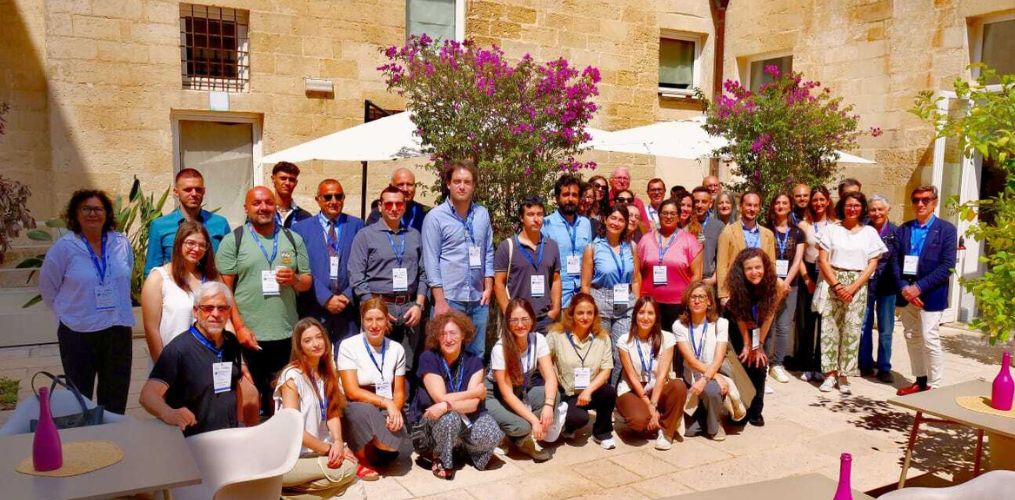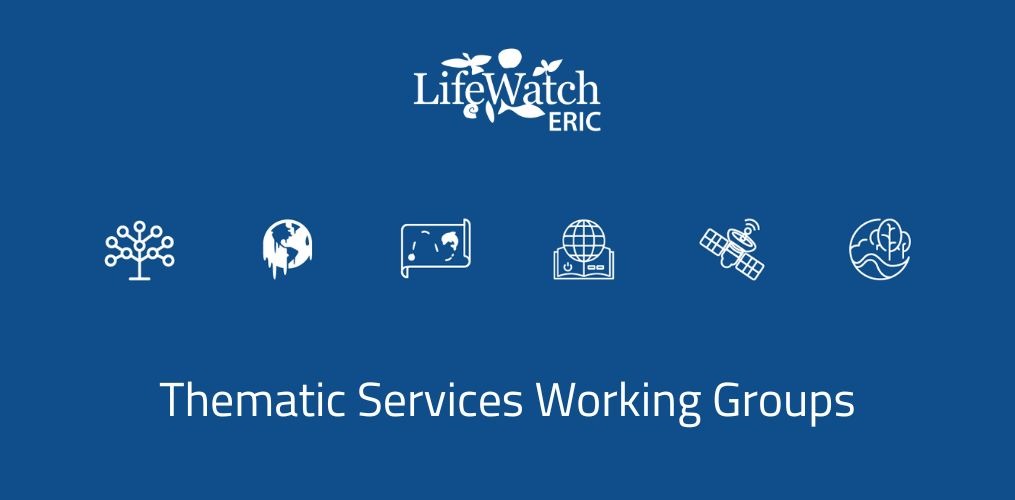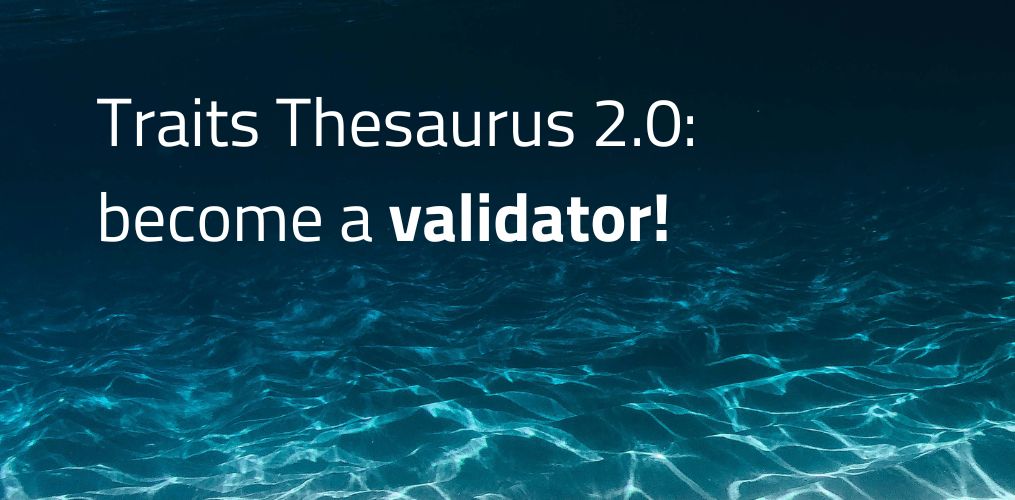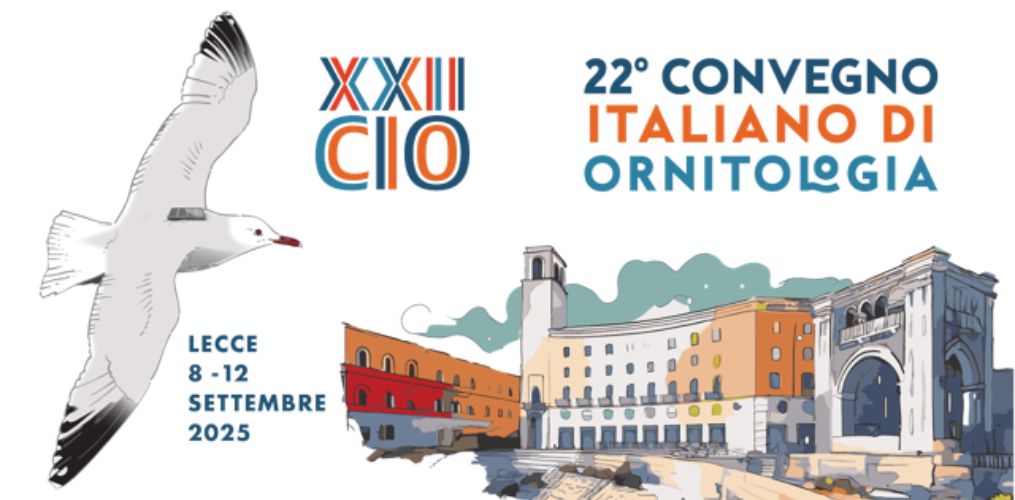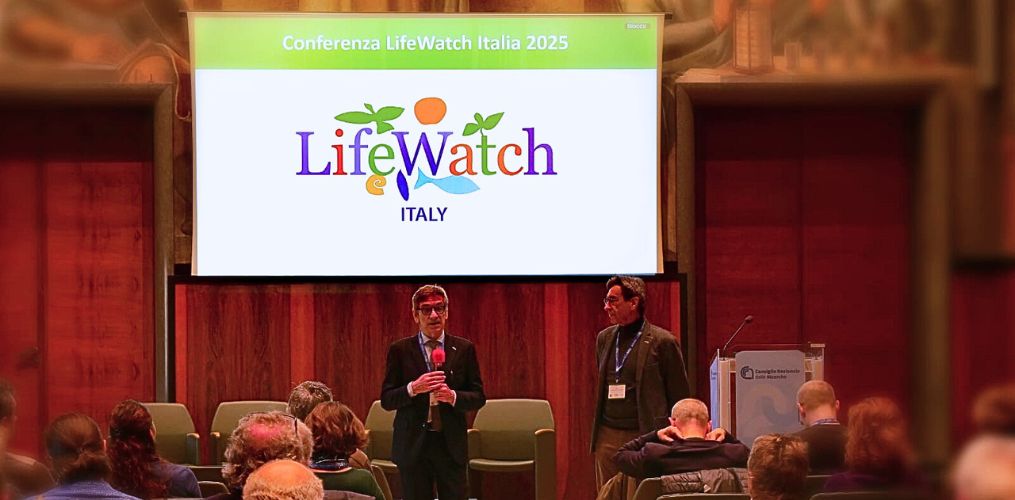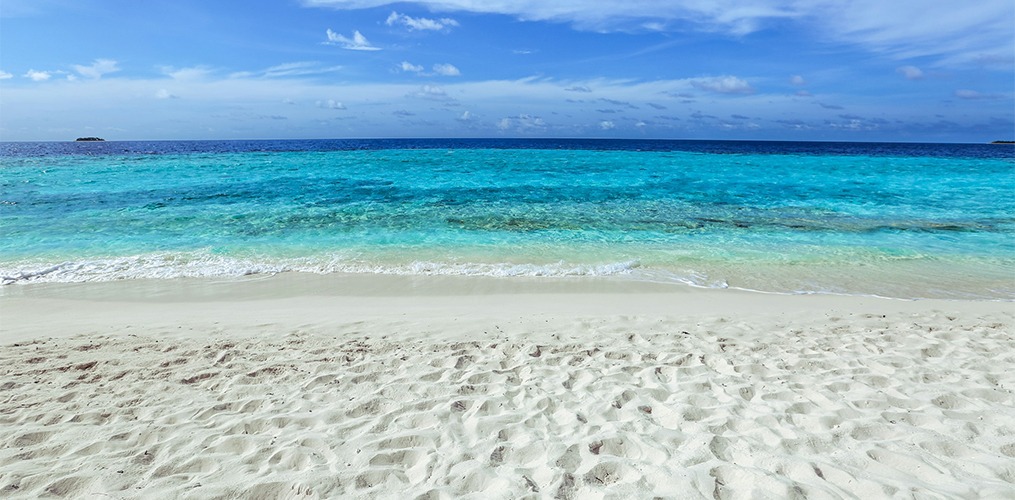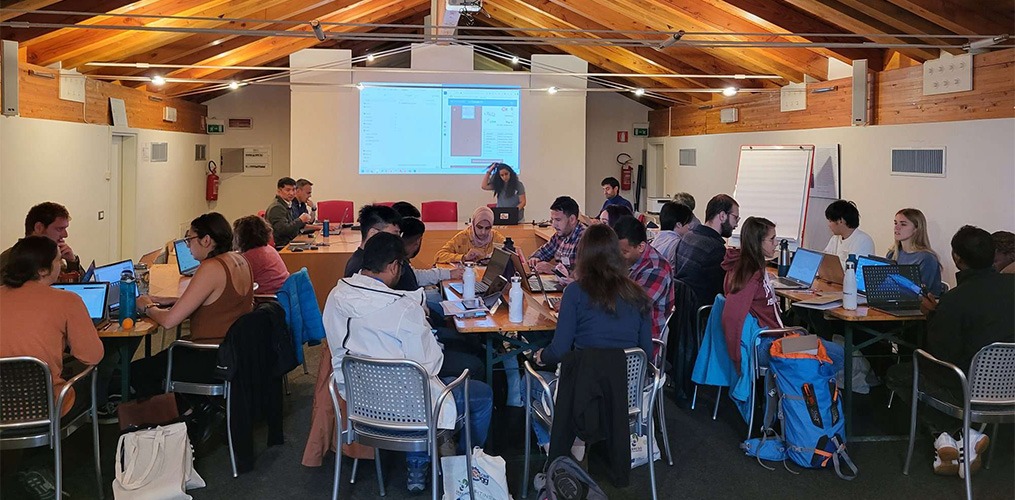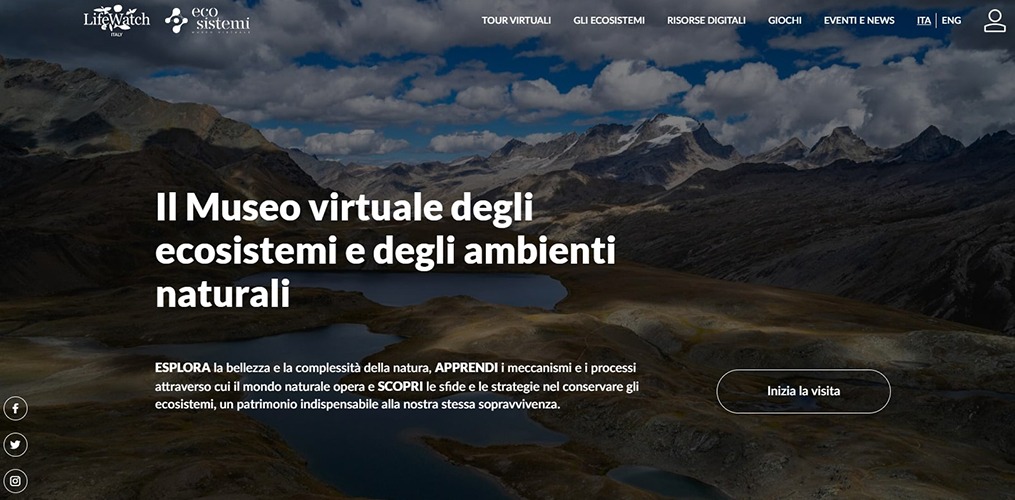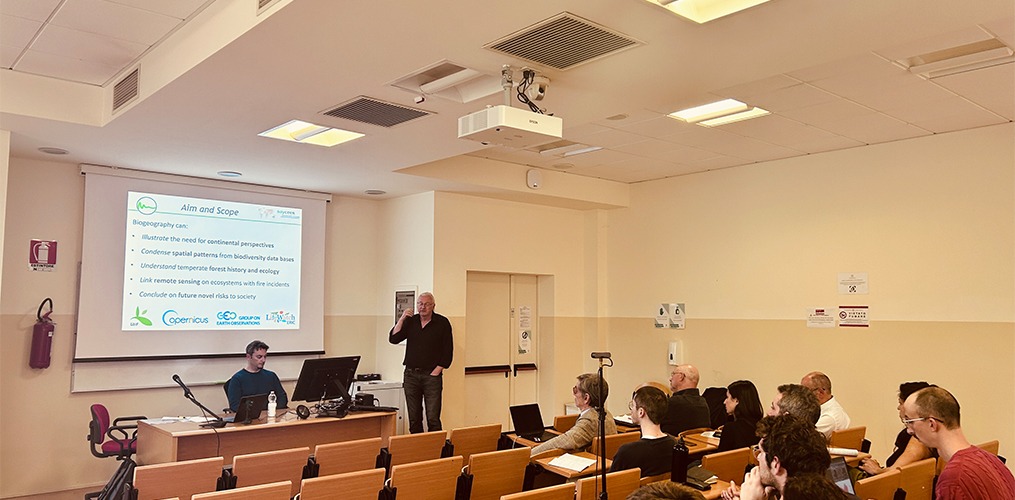The international workshop “Biodiversity and Ecosystem Responses to Climate Change” took place on 12–13 June 2025 at MUST Museum in Lecce.
The National Biodiversity Future Centre (NBFC), Italy’s first national research and innovation centre for biodiversity, funded by the Ministry of University and Research (MUR) through NextGeneration EU funds, organised the workshop in collaboration with LifeWatch ERIC’s Working Group on Biodiversity & Ecosystem Responses to Climate Change.
Climate change is deeply altering the living conditions of organisms across the planet, influencing their geographic distribution, abundance, and even the daily cost of survival. These effects are especially severe for species which cannot regulate their body temperature and must expend more resources to maintain metabolism and behaviour in warmer, more unstable environments.
The consequences of these changes extend far beyond the ecological sphere. They impact key ecosystem functions that support human well-being, potentially affecting economic growth (GDP) and the achievement of the UN 2030 Sustainable Development Goals (SDGs).
Acknowledging that climate change does not act in isolation but reshapes entire ecological contexts, the workshop focused on assessing possible ecological responses and exploring ways to integrate them into adaptation and mitigation strategies.
One of the central questions guiding the discussions was: How will biodiversity’s response to climate change affect our economy and society in the coming decades?
The reflection was based on a simple yet crucial premise: we cannot safeguard our well-being without first safeguarding the ecosystems we depend on.
The full programme remain available at:
https://www.lifewatch.eu/thematic-services-working-groups/wg-climate-change/meetings/workshop-biodiversity-and-ecosystem-responses-to-climate-change
